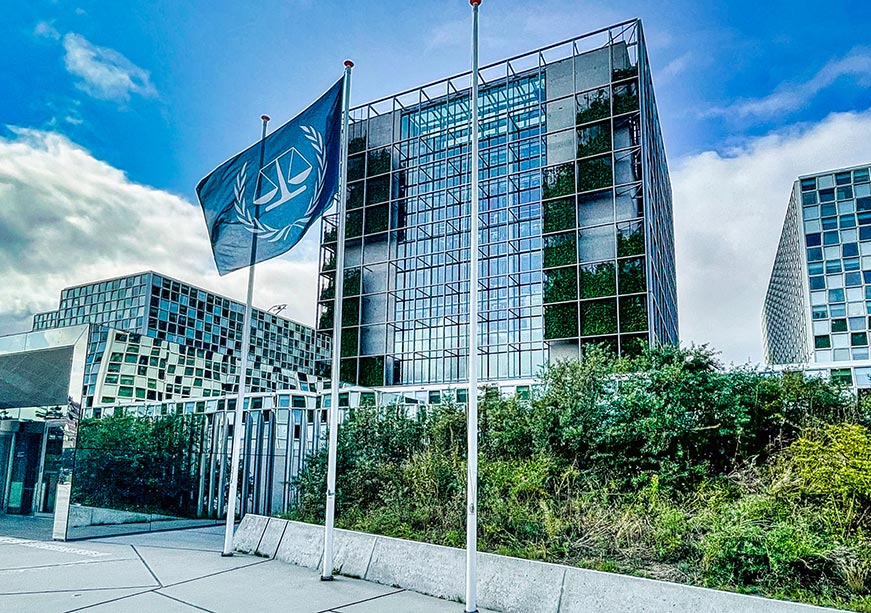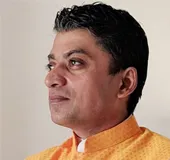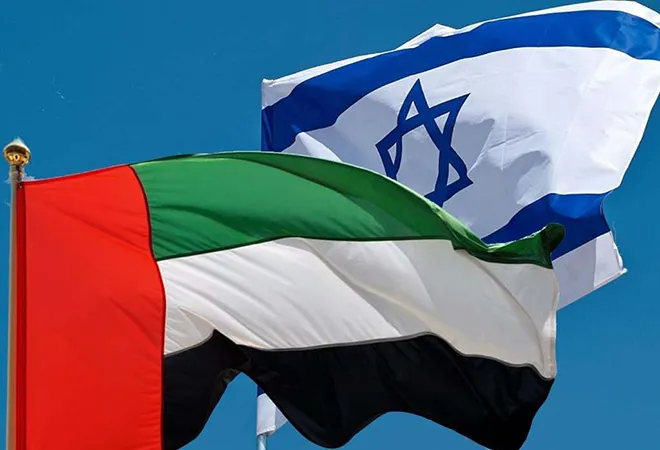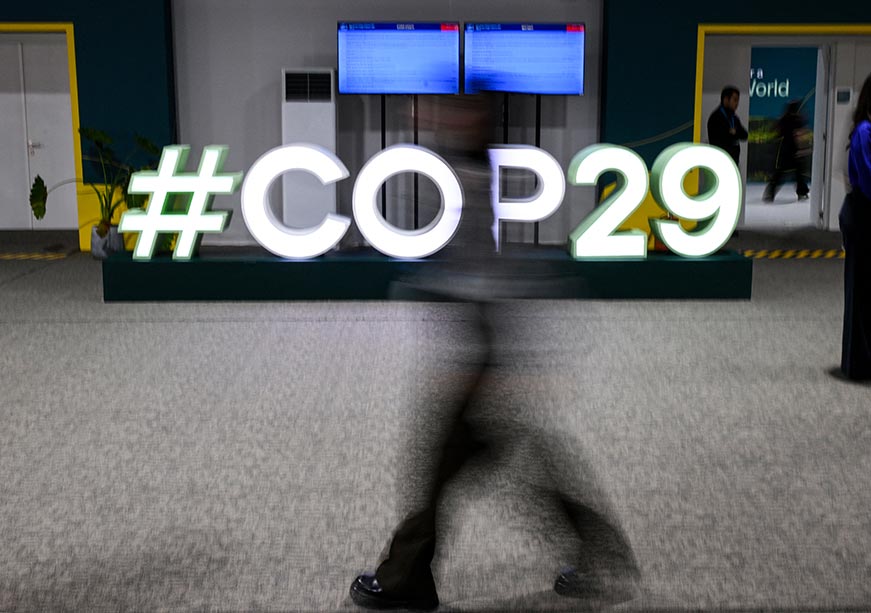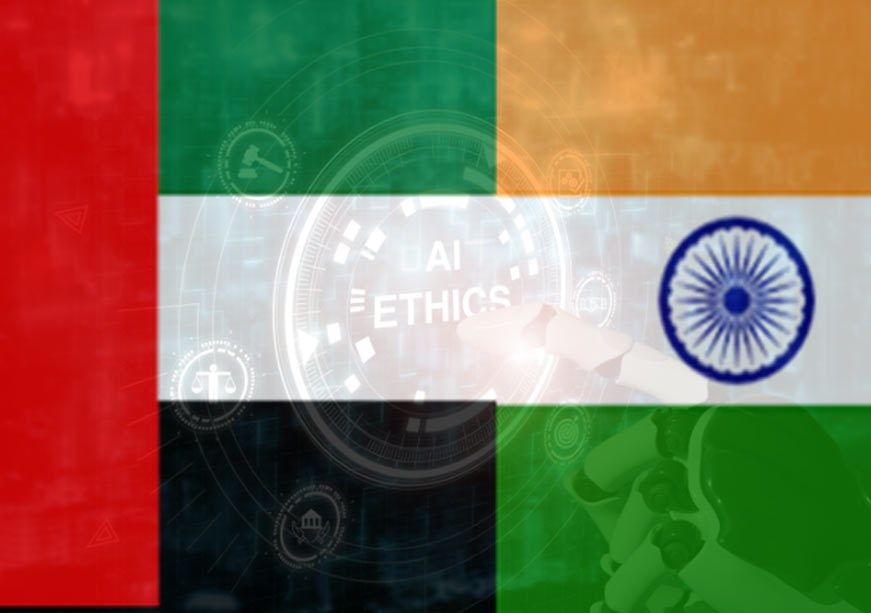While the ICC aims to hold perpetrators accountable, its actions raise important questions surrounding jurisdiction, complementarity, and legitimacy
The International Criminal Court’s (ICC) Pre-Trial Chamber-I (PTC) recently issued arrest warrants against Israeli Prime Minister Benjamin Netanyahu and Defence Minister Yoav Gallant alongside three Hamas figures. The warrants focus on crimes against humanity and war crimes, specifically an alleged ‘starvation strategy’ employed by the Israeli leaders against Palestinian civilians.
The case has brought renewed scrutiny to the ICC, igniting questions about its jurisdiction, impartiality, and effectiveness.
The ICC prosecutes individuals for genocide, war crimes, and crimes against humanity under the Rome Statute, acting only through referrals from signatory states or the United Nations Security Council (UNSC). The ICC operates as a court of last resort, complementing national criminal justice systems through the principle of ‘complementary jurisdiction’ outlined in Articles 17–19 of its statute. This principle limits the ICC’s role to prosecuting crimes only when national courts fail to act due to unwillingness or incapacity. International criminal law jurisprudence, as seen in the cases of Congolese warlord Thomas Lubanga and former Libyan Security Chief Al-Tuhamy Mohamed-Khaled offers precedents.
Jurisdictional questions
The ICC’s mandate restricts its jurisdiction to the 124 ‘state parties’ that are signatories to the Rome Statute, and Israel is not among them. This raises a challenge to the court’s jurisdiction over alleged crimes involving Israeli leaders. The PTC reiterated that its focus is on crimes committed within a state party—Palestine—relying on the 2012 UN General Assembly resolution that recognised Palestine as a non-member observer state capable of ratifying treaties. Israel contests this, arguing that Palestine lacks statehood to confer jurisdiction and that any such jurisdiction should instead align with the Oslo Accords, which limit Palestinian authority over Israeli nationals. The PTC, however, dismissed Israel’s challenge as premature, asserting that jurisdictional challenges can only be made after the issuance of an arrest warrant or summons. The contrasting positions highlight the challenge posed by the non-harmonisation of international agreements, particularly when ICC’s judgments intersect with these frameworks.
Even if one were to accept the ICC’s jurisdiction claim, questions arise regarding the applicability of complementary jurisdiction in the Israeli context. Israel has a robust judicial system that acts as a counterweight to its executive and legislature. For instance, the Israeli Supreme Court recently annulled the government’s reasonableness limitation law, marking the first time in the country’s history that one of its Basic Laws was overturned. Similarly, the attorney general has demonstrated principled defiance against alleged attempts by senior leaders to manipulate the justice system in the context of the ICC case. These underscore the resilience of Israel’s legal framework. This makes ICC intervention problematic and raises broader concerns about the court’s interpretation of its mandate.
Immunity conundrum
Personal immunity traditionally shields serving senior officials from prosecution in foreign jurisdictions for actions performed in their official capacity. This principle is rooted in customary international law and supported, in part, by provisions of the Vienna Convention on Diplomatic Relations. However, officials, including heads of state, have no immunity under an ICC arrest warrant, even if they are from a non-state party. The tribunals for Yugoslavia (ICTY) and Rwanda (ICTR), and the indictments of Russian President Putin and Prime Minister Netanyahu, among others, exemplify this. However, such overrides are fraught with political and legal complexities. State parties often subordinate their obligations under the Rome Statute to their national interests, and international law is subject to multiple interpretations.
Mongolia, a state party, refused to arrest President Putin during his recent visit, citing Article 98 of the Statute, which allows states to reject surrender requests if they conflict with their international obligations. Mongolia emphasised that no customary international law rule overrides or negates the immunity of heads of state or governments even in ICC cases. Similarly, in 2017, Jordan declined to detain then-Sudanese President Omar Al-Bashir, who was attending an Arab League summit there. Jordan argued that it was not obligated to do so because he was a head of state of a non-ICC member and had immunity under the 1953 Convention on the Privileges and Immunities of the Arab League. The ICC, however, dismissed these arguments, referencing Article 27 of the Statute, per which official capacity does not exempt individuals from accountability.
Then, there are dissenting voices from state parties. Prime Minister Petr Fiala of Czechia, criticised the ICC for undermining its authority by equating democratically elected Israeli leaders with terrorist groups. Complicating matters for ICC are proposals such as the Malabo Protocol, which seeks to amend the Statute of the proposed African Court of Justice and Human Rights to include criminal jurisdiction while granting immunity to sitting heads of state and senior government officials.
Selective justice?
Over 90 percent of all individuals indicted by the ICC are African, leading to allegations of ‘selective application’ of justice. Notably, the inclusion of immunity in the Malabo Protocol has been argued by some as a response to African criticisms of the ICC. Another criticism of the ICC is its perceived deference to powerful states, evidenced by instances such as the UNSC’s 2002 decision to exempt US soldiers from prosecution—a policy annulled only after global outrage over the Abu Ghraib scandal. Although the US, a non-signatory, opposes ICC investigations into its forces, exemplified by the American Service-Members’ Protection Act, it has selectively supported ICC probes, such as those against Russia. This duality raises questions about the ICC’s ability to act independently of external influences and geopolitical rivalries. Furthermore, the ICC’s limitations in prosecuting leaders of its signatory states, undermine its legitimacy as an impartial arbiter of justice.
Merit of charges
The charge against Israeli leaders pertains to the use of starvation as a method of warfare and the denial of aid to Gaza’s civilian population, distinct from genocide. The warrant specifically targets Israel’s leadership under the principle of command responsibility, citing public admissions of policies that allegedly caused starvation, as evidence. Notably, Minister Galant’s directive for a ‘complete siege’ of Gaza, which included halting supplies of electricity, food, and fuel is referenced. Israel has also been accused of blocking humanitarian aid, rejecting shipments for items like crutches and maternity kits over dual-use concerns. While temporary border crossings were reopened, their effectiveness, it is argued, was undermined by subsequent military actions.
International humanitarian law mandates unhindered access to aid for civilians in conflict zones. However, ICC’s assertions in the current case warrant discussion. In mid-2024, when the prosecutor submitted applications for warrants before the PTC, the Integrated Food Security Phase Classification (IPC) Famine Review Committee reported that “the amount of food and non-food commodities allowed into the northern governorates increased” and “the response in the nutrition, water, sanitation and hygiene (WASH), and health sectors was scaled up,” with no evidence of famine. Further, sporadic instances of hindering aid flows or politically charged statements do not meet the ICC’s threshold for a deliberate ‘policy’ or ‘organised and regular pattern.’ These arguably render the legal basis for the charges more tenuous, with the ICC at risk of overreach by engaging in a politicised interpretation of a complex humanitarian crisis. Ultimately, the ICC’s proceedings will hinge on the sufficiency of evidence to prove intent, balanced against Israel’s assertions of national security in the context of an ongoing conflict.
Credibility challenge
ICC’s arrest warrants for Israeli leaders and Hamas figures highlight the challenges of delivering justice in contentious environments. While the court aims to hold perpetrators accountable, its actions raise important questions surrounding jurisdiction, complementarity, and legitimacy. The absence of permanent UNSC members—Russia, China, and the US—undermines the ICC’s authority, as they can veto referrals. The absence of influential global players like India and the withdrawal of important signatory states constrains the ICC’s jurisdictional scope and diminishes its relevance. Its inconsistent record—14 of 32 cases initiated since its creation remains unresolved—intensifies these challenges.
The need of the hour is comprehensive reforms through the ICC’s Assembly of State Parties. In addition to an Independent Expert Review to enhance cooperation and case management, a rigorous vetting system for selecting judges and officials, streamlining the admissibility process for cases and increased cooperation with a wider stakeholder set—especially increased victim participation—are necessary. Establishing a permanent framework to address allegations of bias could strengthen trust in the court’s neutrality. Importantly, the ICC must foster stronger partnerships with regional courts, like the African Court on Human and Peoples’ Rights, to promote complementary justice systems. It must also engage more with non-signatory states to expand its legitimacy, reach and enforcement capabilities. Above all, the ICC must uphold its commitment to justice while navigating geopolitical realities.
Each year, countless lives are lost due to armed conflict. According to the Peace Research Institute Oslo, 2023 witnessed 59 ‘state-based conflicts’ across 34 countries—the highest since 1946. Further, they reported that 13 national governments were responsible for “one-sided violence” against their citizens. In such settings, where local courts may be unable to provide justice, the ICC has a crucial role. However, without substantial reforms, the ICC risks erosion of credibility and failure to fulfil its mandate of delivering justice for the world’s gravest crimes.
Jaibal Naduvath is Vice President at the Observer Research Foundation.
Dharmil Doshi is a Research Assistant at the Observer Research Foundation
